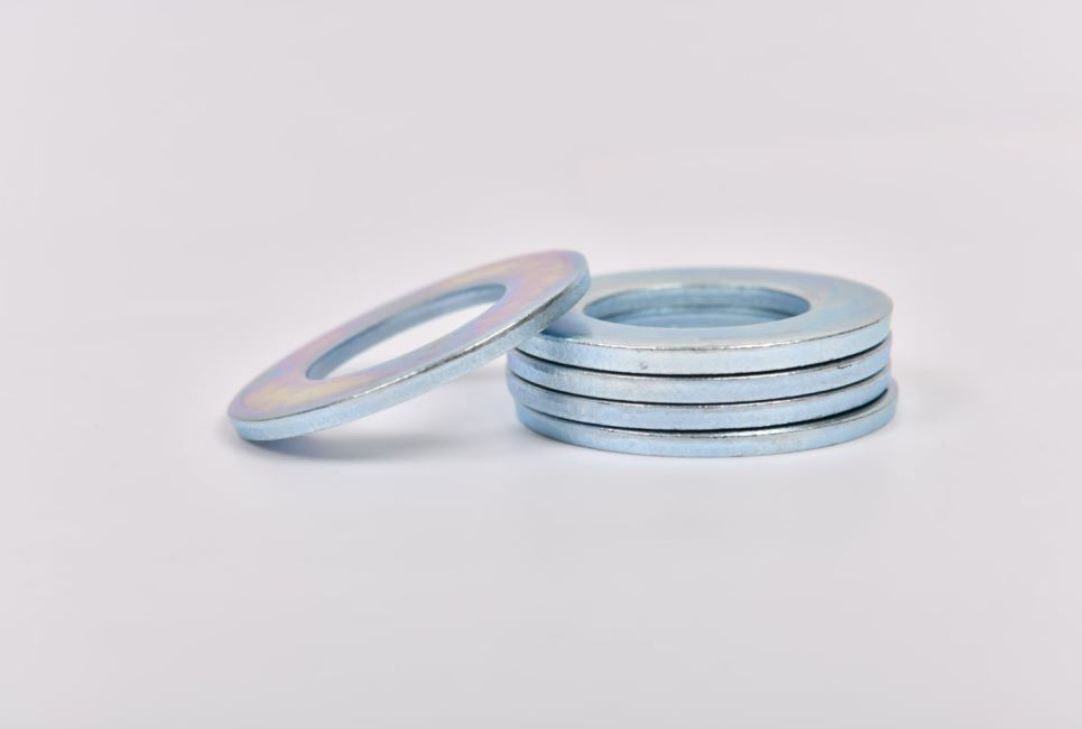lock washer flat washer manufacturers
Understanding Lock Washers and Flat Washers A Guide for Manufacturers
In the world of manufacturing and engineering, the significance of components like lock washers and flat washers cannot be overstated. These essential fasteners play critical roles in assembly, ensuring durability and stability in a wide range of applications. This article delves into the characteristics of lock washers and flat washers, their importance, and the current landscape of manufacturers producing these essential components.
What Are Washers?
Washers are thin, flat discs often made of metal or plastic, designed to distribute load, reduce friction, prevent leakage, and protect surfaces from wear. They come in various shapes and sizes, tailored for specific applications. Among them, lock washers and flat washers are two of the most commonly used types.
Lock Washers
Lock washers are designed to prevent loosening of fastened parts due to vibration or torque. They are typically serrated or have a split design, which creates tension between the fastener and the surface to resist unintentional movement. This feature makes lock washers essential in applications where vibrations are present, such as in automotive, aerospace, and machinery industries.
There are several types of lock washers, including
1. Split Lock Washers Featuring a split or gap that allows them to grip the bolt tightly when tightened. 2. Tooth Lock Washers With sharp teeth that dig into the surface of the fastened piece, offering an even more secure grip against rotation. 3. Double Lock Washers These use two washers, ensuring an even more reliable locking mechanism.
Flat Washers
Flat washers, as the name suggests, are flat discs inserted between the nut and the surface being fastened. Their primary purposes include spreading the load of the fastener, preventing damage to surfaces, and acting as spacers. Flat washers are versatile and come in various materials, including steel, stainless steel, and plastic, to fit different environmental conditions and applications.
lock washer flat washer manufacturers

The usage of flat washers extends across various sectors, such as construction, plumbing, and electronics, where they help in stabilizing joints and ensuring even load distribution.
Importance of Choosing the Right Manufacturer
As a manufacturer or engineer, selecting the right supplier for lock washers and flat washers is essential for ensuring quality, performance, and reliability. When choosing a manufacturer, consider the following factors
1. Material Quality The strength and corrosion resistance of the material is critical in determining the longevity of the washers. 2. Production Capability A manufacturer with advanced machinery and technology will be able to produce washers of consistent quality and accuracy. 3. Certifications and Standards Manufacturers adhering to industry standards (like ISO certification) are likely to deliver products meeting safety and quality benchmarks. 4. Customization Options In many cases, specific projects might require custom sizes or finishes. A flexible manufacturer should accommodate such needs.
Current Market Trends
The demand for lock washers and flat washers continues to grow alongside trends in automation, construction, and renewable energy. As industries evolve, manufacturers are tasked with producing innovative solutions that enhance performance while meeting sustainability goals.
Furthermore, the rise of e-commerce has streamlined the purchasing process, enabling manufacturers to source components from diverse suppliers around the globe. This expansion has introduced competitive pricing and broadened the options available for engineers and manufacturers alike.
Conclusion
Lock washers and flat washers may seem like small components, but their significance in manufacturing and assembly cannot be understated. They provide vital functions that enhance the longevity and stability of products across various industries. By choosing reliable manufacturers and understanding the unique properties of these washers, businesses can ensure optimal performance and reliability in their applications. As industries continue to innovate, the role of these essential fasteners will only become more pronounced, underscoring the need for quality and reliability in their manufacturing.
-
Top Choices for Plasterboard FixingNewsDec.26,2024
-
The Versatility of Specialty WashersNewsDec.26,2024
-
Secure Your ProjectsNewsDec.26,2024
-
Essential Screws for Chipboard Flooring ProjectsNewsDec.26,2024
-
Choosing the Right Drywall ScrewsNewsDec.26,2024
-
Black Phosphate Screws for Superior PerformanceNewsDec.26,2024
-
The Versatile Choice of Nylon Flat Washers for Your NeedsNewsDec.18,2024










